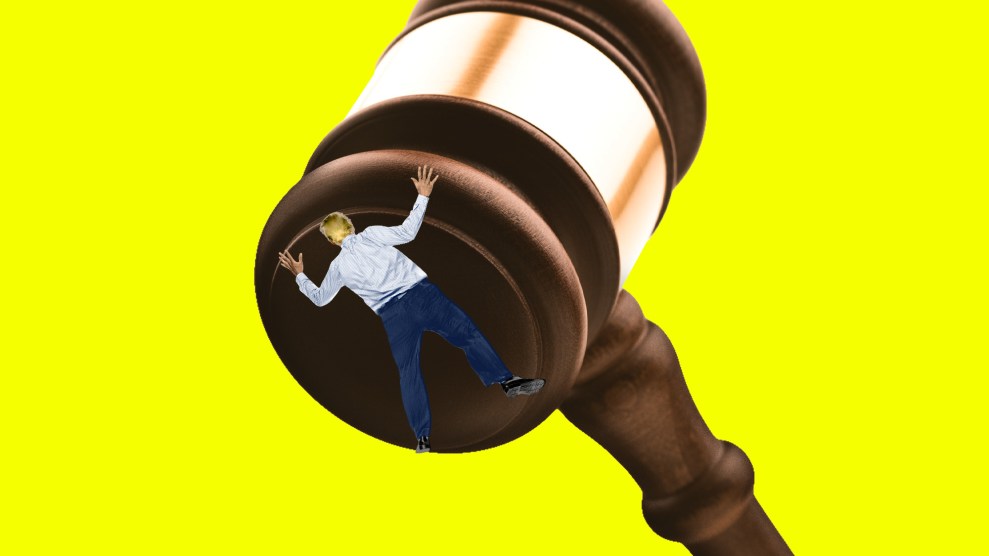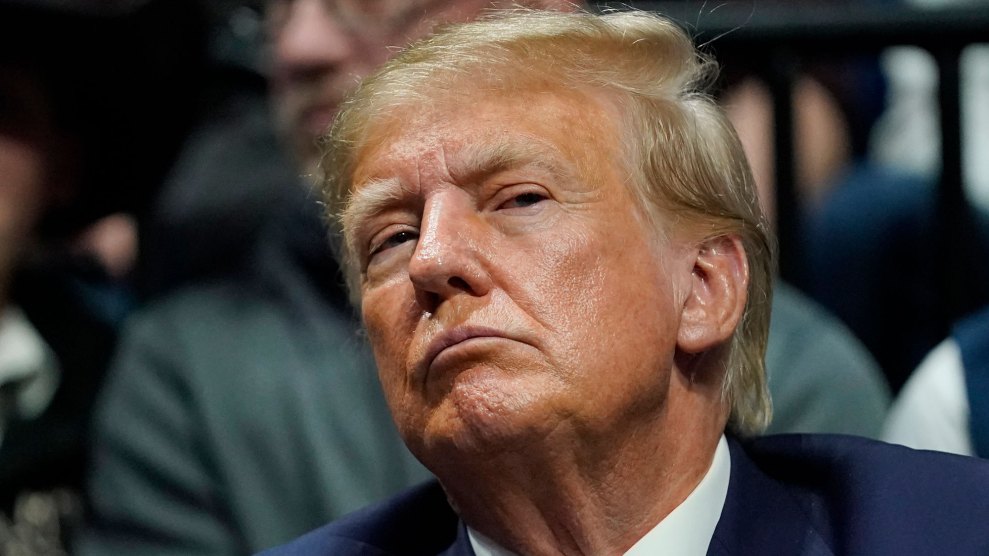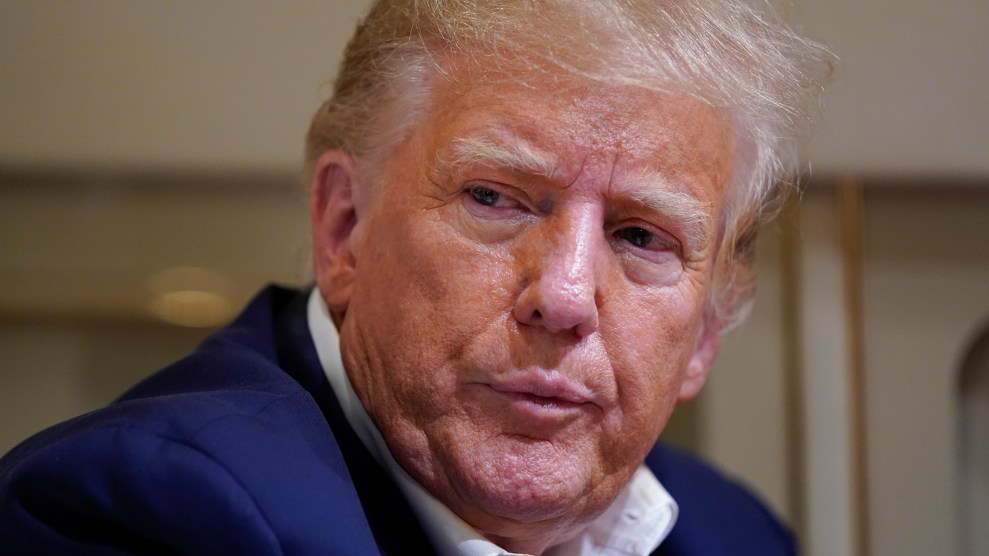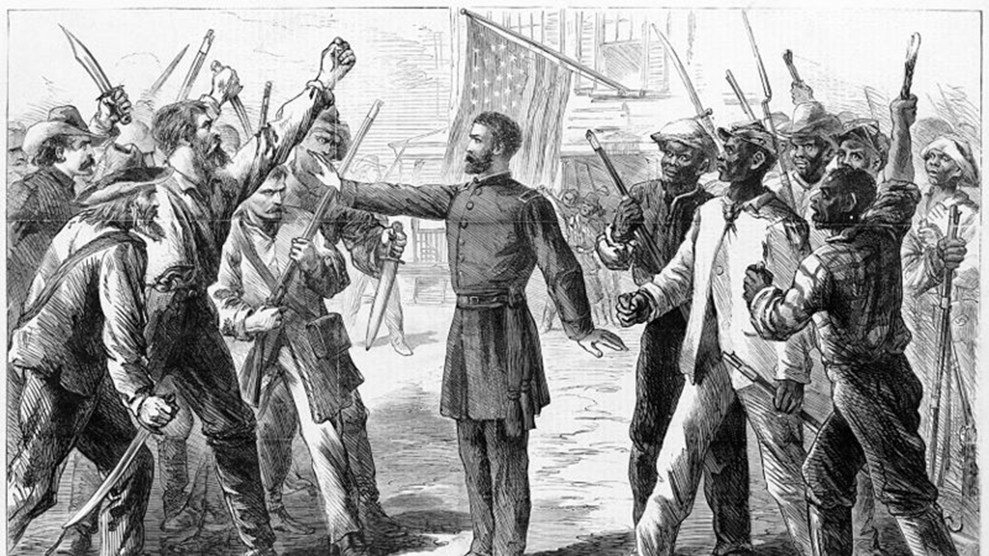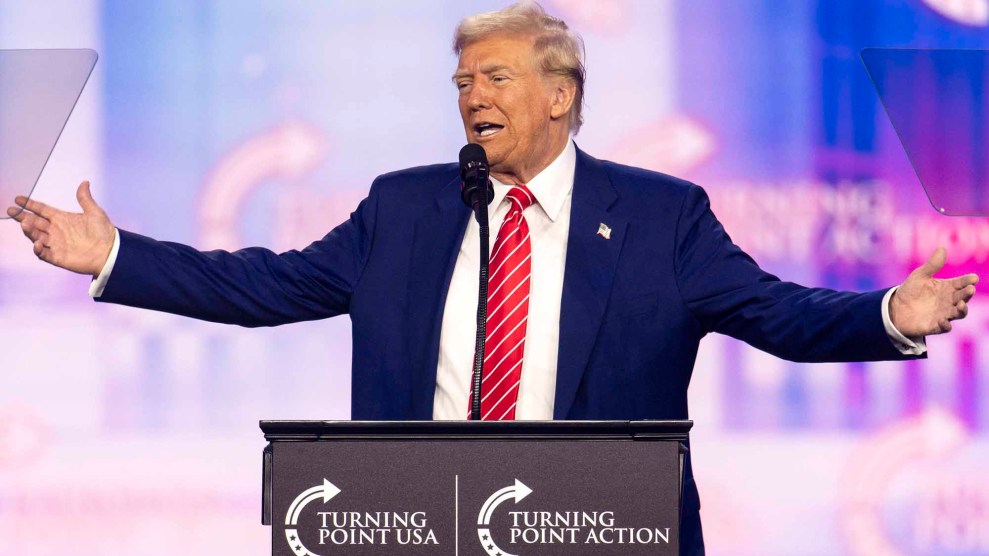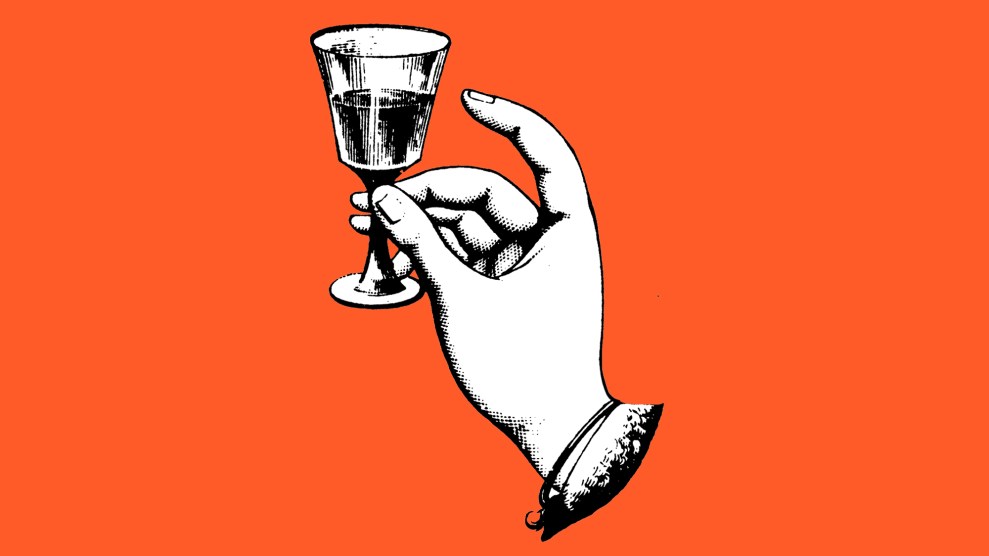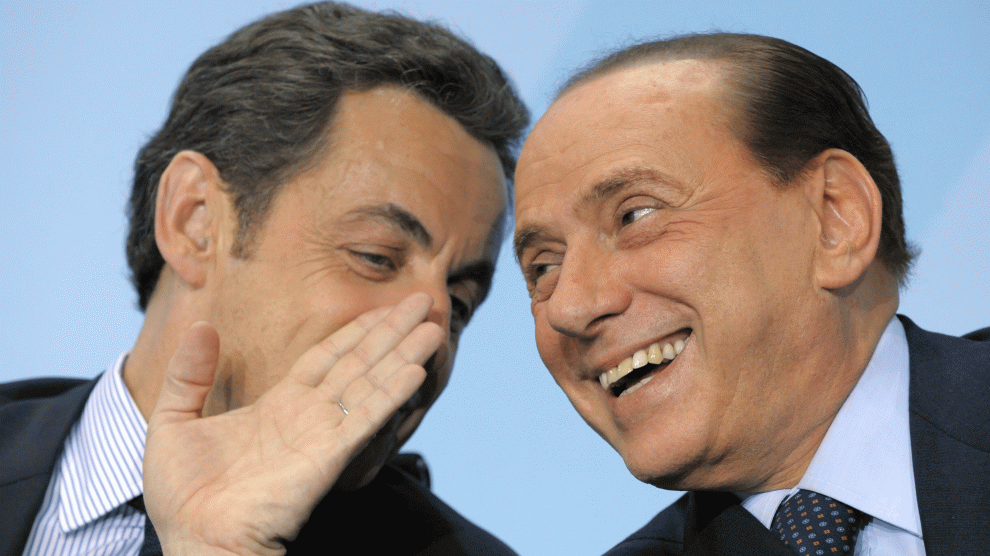
France's Nicolas Sarkozy (left) and Italy's Silvio Berlusconi, seen here in 2009, were two former premiers charged with and convicted of crimes.Soeren Stache/picture-alliance/dpa/AP
Almost immediately after Manhattan District Attorney Alvin Bragg announced that he had indicted ex-president Donald Trump, Republican critics settled on a company line. Trump’s impending arrest was, in the words of Missouri Republican Sen. Eric Schmitt, “some Third World Banana Republic lunacy and a very, very dangerous road to go down.”
Schmitt should probably ask his local history professor what a “Banana Republic” is, why we call them that, and which country’s marines had a tendency to deploy to their shores to force them at gunpoint to stay that way. But he and others are wrong on the underlying point, too: Wealthy democracies investigate and indict their leaders all the time.
Former French prime minister Nicolas Sarkozy was sentenced to a year in prison in 2021 for—oh!—campaign finance violations. Former Italian prime minister Silvio Berlusconi, a Trump-like figure in many ways, has been involved in 35 criminal cases, with one conviction for tax fraud. Trump’s good friend, Israeli prime minister Benjamin Netanyahu was indicted for corruption. And the current Brazilian president, Luiz Inácio Lula Da Silva, was once sentenced to 12 years in prison.
That the Brazilian case was later thrown out, precisely because it was a politically motivated hit-job, might sound like a point for the skeptics, except that American conservatives were quite happy with that outcome: It gave them Jair Bolsonaro.
It’s indicative of a certain kind of American exceptionalism that some politicians are so likely to claim that countries like this don’t investigate their presidents, and that their supporters are so eager to believe it.
The United States has not been in this situation before because it has been either lucky or unlucky, depending on how you spin it. Richard Nixon could not be prosecuted because he was pardoned by his successor, which is another way of saying that Nixon probably should have been prosecuted. Warren G. Harding threw a party where a woman was killed, was embroiled in the biggest political scandal in American politics before Watergate, and almost certainly would have committed campaign-finance crimes to cover up evidence of his affairs if he’d only thought of it first. We never got a Harding post-presidency, though, because he died in office.
John Tyler committed treason after leaving the White House by serving in the Confederate government—making Trump, as it happens, actually the second US president to oppose the peaceful transfer of power—but Tyler, too, died while serving in that office, rendering the potentially thorny issue of post-war prosecution moot.
But the Civil War example is instructive here, because Trump is not the first American president to be indicted; he is merely the first president of the United States to be indicted. In the hours following the announcement of the grand jury decision, Fox News host Laura Ingraham invoked the Civil War to make the case for why this indictment was unprecedented:
Ingraham: Go back and read Lincoln’s second inaugural address. In the midst of an actual civil war, was his speech all about vengeance? Putting Robert E. Lee and Jefferson Davis in jail? pic.twitter.com/f2ZVuMXJ5a
— Acyn (@Acyn) March 31, 2023
She answered her own question: “Hell no.”
You may think that this is a very strange defense for a campaign-finance case. It is certainly a very far cry from “he didn’t do it.” But it’s particularly strange because we actually did go after Jefferson Davis. It was a whole thing. He was the most wanted man in America after Appomattox. Like a number of his peers in the Confederate cabinet, Davis went on the lam, with an eye perhaps to fleeing the country entirely. (His secretary of state, Judah Benjamin, actually did escape, to Great Britain.) Davis made it as far as Irwinville, Georgia, where he was caught by a group of Union soldiers, one of whom approached him to say, ‘Well, Jeffy, how do you feel now?” Davis was indicted for treason, released on bail, and then escaped to Canada, where he stayed until President Andrew Johnson issued a blanket pardon to all Confederates.
So, it’s true we’ve never prosecuted a president before, just like we’ve never convicted a president who’s been impeached by the House. But maybe we’d all be a little better off if we actually had.

